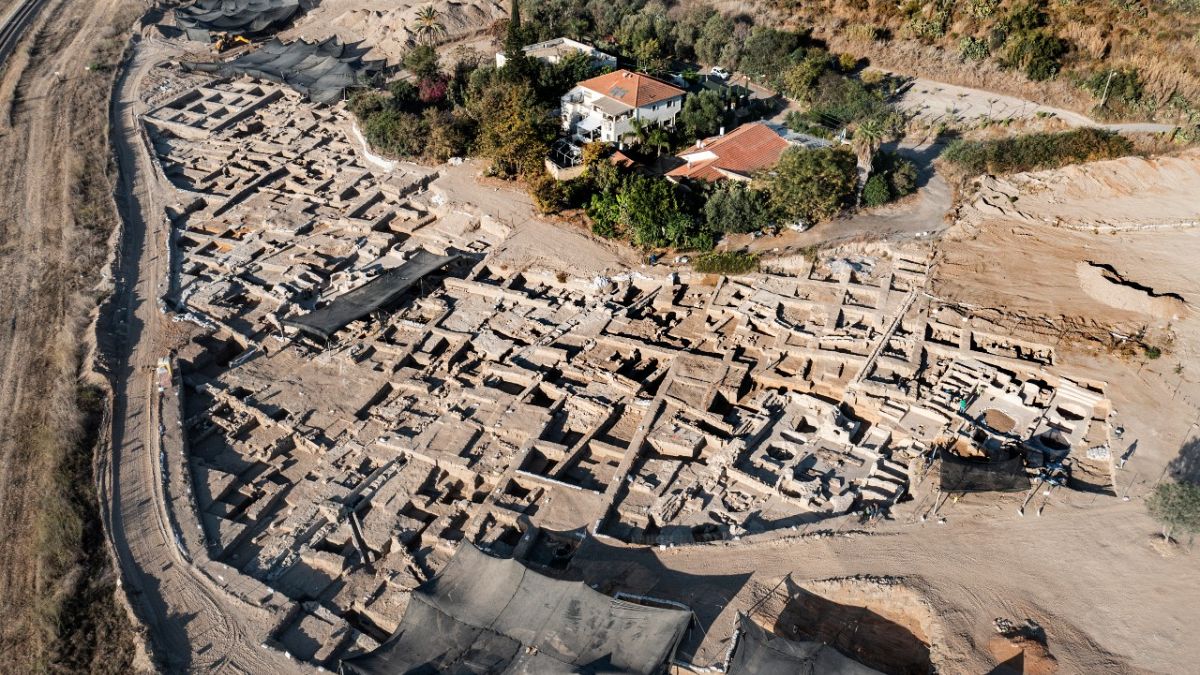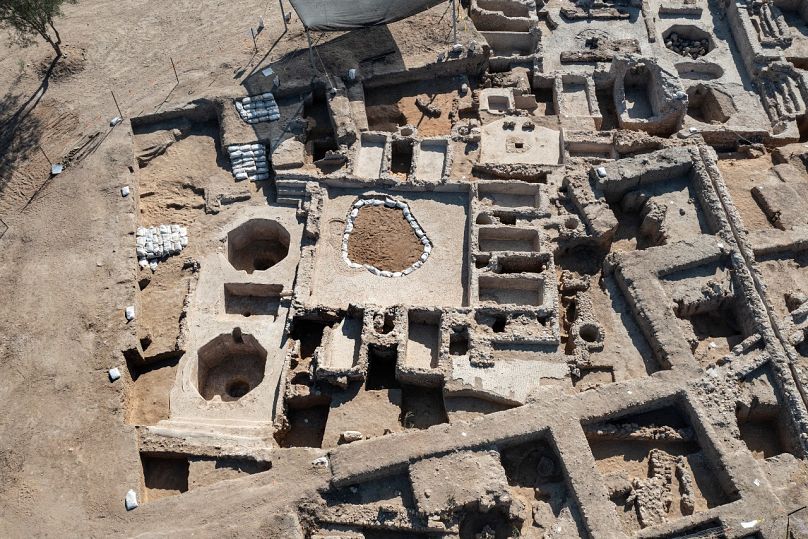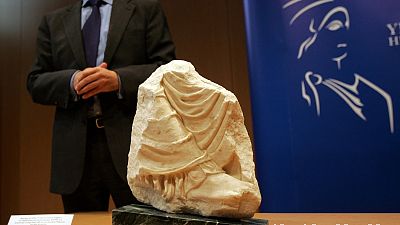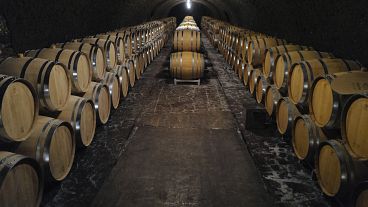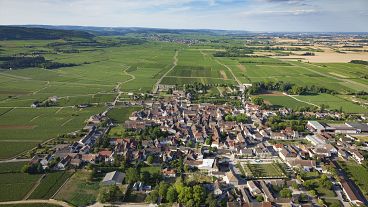Jon Seligman, one of the directors of the excavation, said the wine made in the area was known as “Gaza” wine and exported across the region.
Israel's wine scene has been on the up in recent years and the number of wineries far exceed the mere handful there were in the late 80s. The Judean Foothills, Galiliee and even the Golan Heights are now gaining recognition as winegrowing areas. The geography of the country makes sense in viticultural terms with the proximity to the sea, the prevalence of mountains and more than enough ripening sun. But it was revealed on Monday that there was some pretty serious winemaking going on as much as 1,500 years ago.
Israeli archaeologists announced that they have unearthed the remains of a massive, ancient winemaking operation dating back a millennia and a half in the central town of Yavne, near Tel Aviv. The excavated complex includes five wine presses, warehouses, kilns for producing clay storage vessels and tens of thousands of fragments and jars, they said.
Israel's Antiquities Authority said the discovery shows that Yavne was a wine-making powerhouse during the Byzantine period. Researchers estimate the facility could produce some 2 million litres (over 520,000 gallons) of wine a year.
Jon Seligman, one of the directors of the excavation, said the wine made in the area was known as “Gaza” wine and exported across the region. The researchers believe the Yavne location was the main production facility for the label.
“This was a prestige wine, a light white wine, and it was taken to many, many countries around the Mediterranean,” he said, including Egypt, Turkey, Greece and possibly southern Italy.
Seligman said wine was not simply an important export and source of enjoyment in ancient times. “Beyond that, this was a major source of nutrition and this was a safe drink because the water was often contaminated, so they could drink wine safely,” he said.
The antiquities authority said the complex was uncovered over the past two years during excavations being conducted as part of the development of Yavne.
